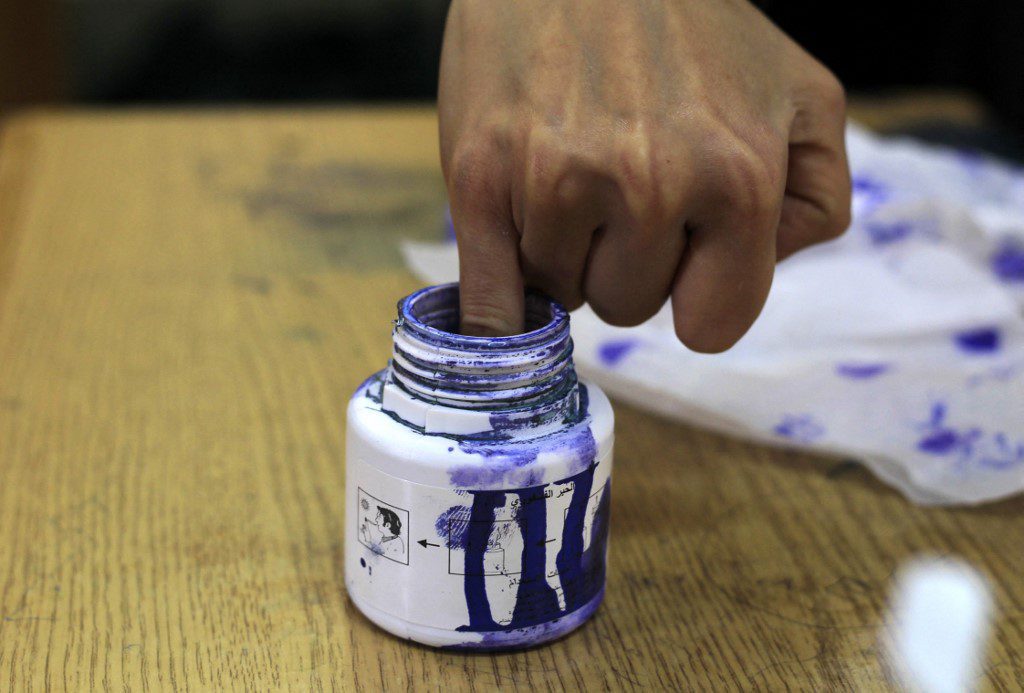
Youssef Sharqawi
Democracy is one of the most pressing problems in the Arab cultural arena, given that it has been long promoted as if it is a new salvational ideology.
The Syrian thinker Georges Tarabichi breaks down the issue of democracy into parts and labels. Due to the failure of the nationalist and revolutionary leftist ideologies, Tarabichi transformed democracy in the Arab imagination into an alternative “Sesame” word that opens the closed modernity cavern. He did that to achieve a miraculous shift from the reality of regression to the model of progression without effort, cost, or time.
The word democracy in its origin means the rule of the people, and it goes back to a Greek origin consisting of two syllables; demos: the people, and crates: rule or authority. In the linguistic sense, it becomes: the people own the authority, or: the rule of the people.
As Abraham Lincoln defined it in one of his speeches, it is the rule of the people by the people and for the people. Citizens are involved in making policy and exercising control over their representatives, and the government is in the service of the people.
Is democracy a prerequisite, or is it the outcome of a particular society? Is it the magic key that opens all closed doors, or is it what crowns the organic development of the society and rises depending on its level of advancement?
Treating democracy as a salvation ideology dissolved the dialectical relationship between the condition and the outcome, so democracy became the absolute precondition for every subsequent result.
Also, portraying democracy as if it exempts people from the effort and that it is the fruit of heaven for the tortured in the Arab land, without considering that it is a seed as well, that is a great sin committed by the salvation ideology.
Democracy itself needs a catalyst. It cannot be achieved without the condition of its social carrier. The democratic dilemma in the Arab world results from the estrangement between the state and the people. It is due to the state’s singularity in deciding the fate of the people without them having the ability to control the reins of the state.
In the final analysis, democracy is a culture and a system of values in solidarity, and the Arab society has not achieved its financial and intellectual modernization and has not completed its educational revolution. Therefore, we see democracy present in the ballot boxes during the elections, but is it present in people’s mindset?
If democracy, by definition, is the rule of the majority, then the numerical majority, from the factional sectarian perspective, is a vertical, essential, fixed majority. It is not a partisan majority that meets and adjourns in Parliament, but rather a permanent communal majority described as Islamic or Christian, Sunni or Shiite.
This perception dominates the electoral practice, which is the most important mechanism of democratic life, so voting becomes a collective vote in which voters elect the candidate of their religion, sect or ethnicity, against the candidate who opposes their affiliations.
Also, there is the phenomenon of religious spirals that conflict directly and violently with the essential principles in the values of the democratic system: freedom of thought and belief.
These spirals wield the weapon of “takfir,” and the Arab regimes’ censorship apparatus beside them, exerting another pressure. In this case, the most fundamental principle of democracy, which is freedom of thought and belief, is trapped between the two jaws of pincers: governmental political and populist religious surveillance.
It is possible for government surveillance to take the function of oversight over the strictness of religious belief under the pressure of the spirals themselves or to block their path to outbidding.
Democracy cannot be a dissociative system, that is, a system of government without being a system of society or to govern the relations between rulers and the ruled without governing the relations between the ruled themselves.
Although it is by definition a system of the state, democracy is, in essence, a system of civil society, as it is essentially a societal phenomenon, and society is a structure of mentalities.
Democracy ends at the electoral ballot box, but it inevitably starts in the mind box. If the two boxes are not in solidarity, the ballot box will only be a passage to the tyranny of the numeric majority.
Existing Arab regimes create many obstacles in the way of the electoral mechanism, but the current Arab societies themselves set up obstacles in the way of democratic culture.
Tarabichi says that Arab regimes do not tolerate free elections, but Arab societies do not tolerate free opinion.
Arab societies want democracy in politics, but they do not fancy it in thought, especially in religion or sexual relations. They are societies that make light of, and diminish democracy and want it according to their mental structure and affiliations.
Sources
- Tarabichi, G., Heresies, on democracy, secularism, modernity, and Arab opposition, Al Saqi for Publishing, 2006 (Arabic edition)
- Bishara, A., On the Arab Question: An Introduction to an Arab Democratic Statement, Arab Center for Research & Policy Studies, 2018 (Arabic edition).
- Crick, B., Democracy: A Very Short Introduction, Oxford University Press, 2003 (Source).
DISCLAIMER
The opinions expressed in this publication are those of our bloggers. They do not purport to reflect the opinions or views of Fanack or its Board of Editors.


